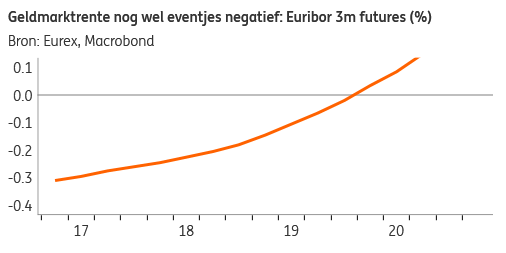In recent years, banking markets in the Eurozone have seen major changes linking them closer together. The Banking Union has brought, among other things, a new Single Supervisor and steps towards a Single Rulebook. These changes were driven by a desire to strengthen financial stability and bank resolvability, reducing risks for taxpayers. But closer integration of banking markets can also lead to fiercer competition, delivering Europeans better services at lower prices.
In this report, we assess the degree of integration across the Eurozone’s banking markets in a number of fact sheets. We find that banking remains strongly compartmentalised along national borders. While acknowledging the very important steps that have already been taken, we conclude that the Eurozone’s banking markets remain highly fragmented. This means that from a financial stability and a competition perspective, Europe is missing out on opportunities. Households and businesses stand to gain from further integration of the Eurozone’s banking markets.
Report not visible above? Click to download PDF.

